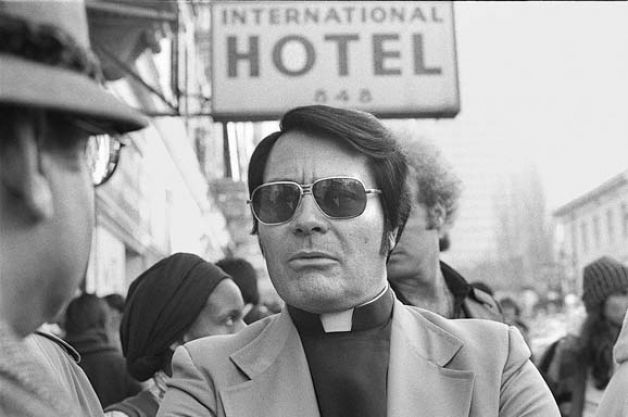Not only can death kill you, but it has all sorts of nasty side effects.
We’d do almost anything to avoid the end, even to just avoid thinking about it. That leaves us open to all sorts of manipulations that prey upon our justifiable fears. In a Financial Times piece about a trio of new books that study our uneasy relationship with mortality, Stephen Cave explains how the human need for infinite life can create a living hell. An excerpt:
To protect ourselves from the inevitable — or at least the thought of it — we need wholly different defences. According to what these authors christened “terror management theory”, these defences have two elements. First, we develop cultural world views that in some way promise “order, meaning, and permanence”. Second, we strive for self-esteem, which reassures us that we are doing what our cultural world view requires and so “enables each of us to believe we are enduring, significant beings rather than material creatures destined to be obliterated”.
An obvious example of a death-denying world view is Christianity. Founded on belief in Jesus’s resurrection from the dead, it promises eternal life for all believers. It is therefore no surprise that those prompted to contemplate mortality by these psychologists afterwards proved to be more inclined to believe in God, Jesus and the efficacy of prayer than the control group.
But religions are not the only world views promising some way of living on. Nationalism and similar mass movements offer continuation as part of a great whole. As Solomon, Greenberg and Pyszczynski vividly explain, the 20th century is replete with examples of more or less veiled immortality ideologies, from Nazism’s “thousand-year Reich” to the “eternal and indestructible” revolution of Chairman Mao in China. The toll taken by these movements shows that death denial can be a dangerous business. And indeed, as experimental evidence shows, fear of mortality makes people more attracted to charismatic leaders, more nationalistic, more aggressive and more suspicious of foreigners. We might therefore wonder what the daily diet of killings served up by news programmes is doing to our psyches.•
Tags: Stephen Cave

